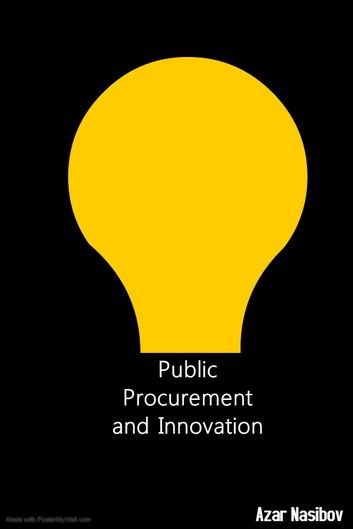Public procurement is the process of purchasing goods, services, and construction from private companies by public entities. It is a critical process that ensures the government is able to obtain the best value for money when buying goods and services.
What is Public Procurement?
Public procurement is a process used by public entities to purchase goods and services from private companies. It is a complex process that involves multiple steps, including the preparation of tender documents, the selection of a supplier, the negotiation of a contract, and the awarding of the contract.
Why is Public Procurement Important?
Public procurement is an important process for public entities as it ensures that they are able to obtain the best value for money when purchasing goods and services. It is also an important process for private companies, as it provides an opportunity to compete for public contracts and generate revenue.
What are the Benefits of Public Procurement?
Public procurement provides a number of benefits to both public entities and private companies. For public entities, it ensures that they are able to obtain the best value for money when purchasing goods and services. For private companies, it provides an opportunity to compete for public contracts and generate revenue.
What are the Challenges of Public Procurement?
Public procurement can be a challenging process for both public entities and private companies. For public entities, it can be difficult to ensure that they are obtaining the best value for money when purchasing goods and services. For private companies, it can be difficult to compete for public contracts due to the competitive nature of the process.
What are the Steps in the Public Procurement Process?
The public procurement process involves a number of steps, including the preparation of tender documents, the selection of a supplier, the negotiation of a contract, and the awarding of the contract. Each step of the process must be completed in accordance with the applicable laws and regulations.
What are the Regulations for Public Procurement?
Public procurement is regulated by a number of laws and regulations, including the Federal Acquisition Regulation (FAR) and the Uniform Commercial Code (UCC). These regulations set out the rules and procedures that must be followed when undertaking public procurement.
You might find these FREE courses useful
- Top Program Procurement Planning With Clickup
- Top Global Public Procurement Courses
- Top Procurement Courses – Learn Procurement Online
- Top Procurement Basics Courses
- Procurement Basics
- Strategic Procurement and Sourcing Conclusions
What are the Best Practices for Public Procurement?
There are a number of best practices that should be followed when undertaking public procurement. These include the preparation of detailed tender documents, the selection of a supplier based on objective criteria, the negotiation of a contract that is fair and equitable for both parties, and the awarding of the contract in a timely manner.
